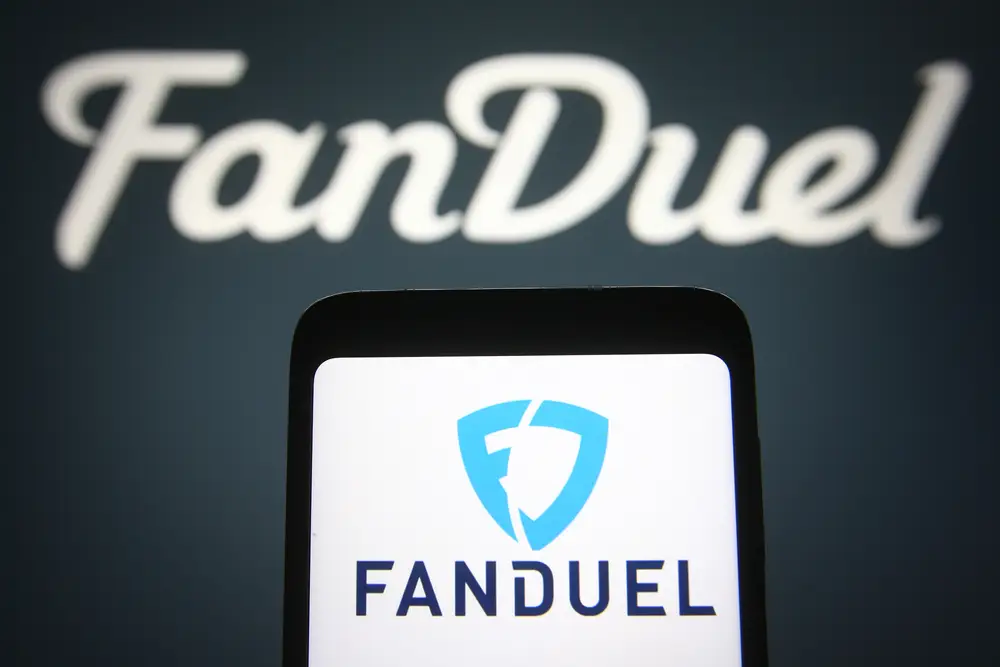Polymarket announced a partnership with decentralized oracle network Chainlink on Friday that intends to improve its often controversial market resolution system. The press release stated that “The partnership will initially focus on enhancing the accuracy and speed of asset pricing resolutions, with plans to expand into additional markets.”
Asset price markets include markets on the price of different cryptocurrencies, which Chainlink can provide data to resolve “immediately.” But the applications go beyond crypto price markets. The press release read:
“Beyond deterministic markets, which have a clear definitive resolution, Polymarket and Chainlink are also exploring methodologies to expand the use of Chainlink to settle prediction markets involving more subjective questions, thereby reducing reliance on social voting mechanisms and further minimizing resolution risk.”
The UMA Oracle that Polymarket currently uses is a social voting tool that resolves its markets. However, some events have been settled in favor of the largest voters instead of the arguably correct outcome. Previous controversial resolutions include whether Volodymyr Zelenskyy wore a suit to June’s NATO summit and whether Israel invaded Lebanon in September 2024.
As Polymarket prepares to become regulated by the Commodity Futures Trading Commission (CFTC), it won’t be able to afford further market resolution scandals. Improving its oracle is one of the most important steps the blockchain-based prediction market platform has taken to reassure American retail customers that its contracts will be settled fairly.
One of many prediction market industry developments
The prediction market industry isn’t just focused on fine-tuning market resolution processes. Other projects are focused on user-generated markets and looking ahead to conditional markets.
Manifold was one of the pioneers in user-generated prediction markets, but PNP Exchange has gone the next step to allow AI-generated prediction markets by social media users. Advances in market resolution have trained LLMs to generate settlement rules alongside new markets.
There’s also potential for platforms to offer conditional markets, which forecast events contingent on other events occurring. Prediction polling platform Metaculus offers these types of markets, but it is not a commercial platform nor CFTC-regulated.
CFTC and crypto industry drama
As Polymarket continues its preparations, the nominee for CFTC chair, Brian Quintenz, just this week shed light on what appears to be a major obstacle to his confirmation.
Private messages released by Quintenz imply that the Winklevoss twins lobbied him to dismiss a fine they had received for false statements to the CFTC. When the nominee didn’t commit to a resolution that satisfied the Gemini co-founders, Quintenz suggests that the Winklevosses prompted President Trump to consider a different nominee.
Though seven prominent crypto organizations signed a joint letter supporting his nomination, Quintenz is still a board member at Kalshi, which will be Polymarket’s largest competitor in the regulated U.S. market.




























